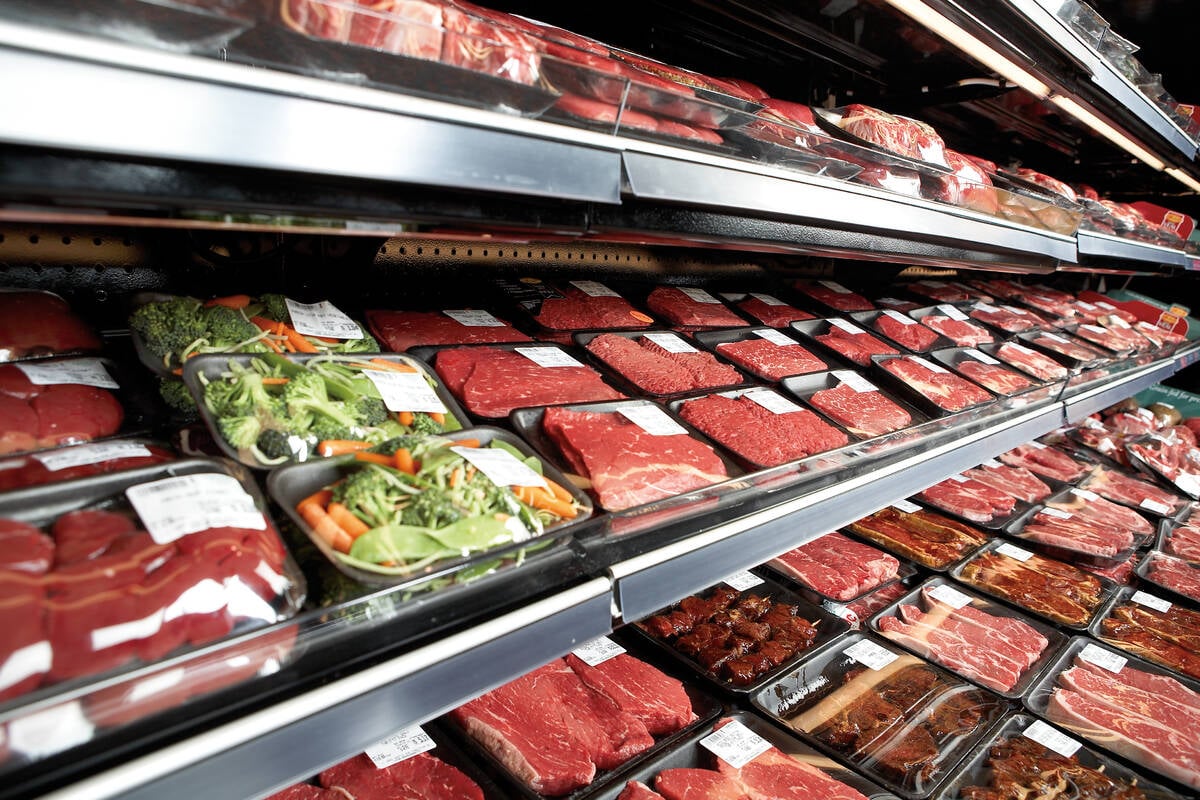A little deer poop isn’t about to stop the Japanese from buying Canadian feed barley.
Canada’s much-vaunted grain quality control system was dealt an embarrassing blow last month when it was revealed that two boatloads of feed barley destined for Japan were rejected after they were found to be contaminated with deer excrement.
But a Canadian Wheat Board official said last week that the incident hasn’t soured the Japanese on Canadian barley.
“Since the occurrence of that event, we have sold three more cargoes to Japan,” said CWB commissioner Richard Klassen. “I could go into a lot more detail about it, but that sort of capsulizes how we’ve dealt with this issue.”
Read Also

Meat and plant protein are both good for human health – McMaster study
A study from McMaster University in Hamilton, Ont. has found that meat consumption doesn’t increase the risk of death.
And he said a big reason that the incident hasn’t resulted in any lost sales is that Canada has worked so hard over the years to develop and maintain such high standards of export quality.
“They still have confidence in our system, they still have confidence in our farmers and they’ve displayed that with the purchases of additional barley,” said Klassen.
The contaminated shipments were used by organizations like the Western Barley Growers Association and the Canadian Farm Enterprise Network as more ammunition in their campaign to end the board’s monopoly over feed barley exports.
They said such an incident would be less likely to occur if private grain merchants were trading barley to foreign buyers, and if it did occur it would be dealt with quietly and not reflect badly on the entire Canadian grain industry.
The deer droppings are believed to have entered the handling system through grain that was left in fields last winter and harvested in the spring of 1997.
Measures taken
A number of control measure have been implemented: country elevators have the authority to refuse to accept delivery of contaminated grain, the CWB is refusing to buy it, there is increased monitoring of grain delivered to export terminals and grain being moved from terminals to vessels.
Len Seguin, chief of inspection for the Canadian Grain Commission, said terminal operators have been “pretty successful” in catching and removing the excrement, although there is an additional cost that will be passed on to producers.
“It’s certainly still in the system, but we’re keeping it out of cargoes and that’s what counts,” he said.
Klassen said it’s impossible to guarantee that such an incident will never happen again. With 30 to 45 million tonnes of grain an grain products moving through the Canadian handling and transportation system annually, there are bound to be problems from time to time.
“This is nothing new, although the nature of it was new and of course it was the kind of thing that grabbed everybody’s attention,” Klassen said.














